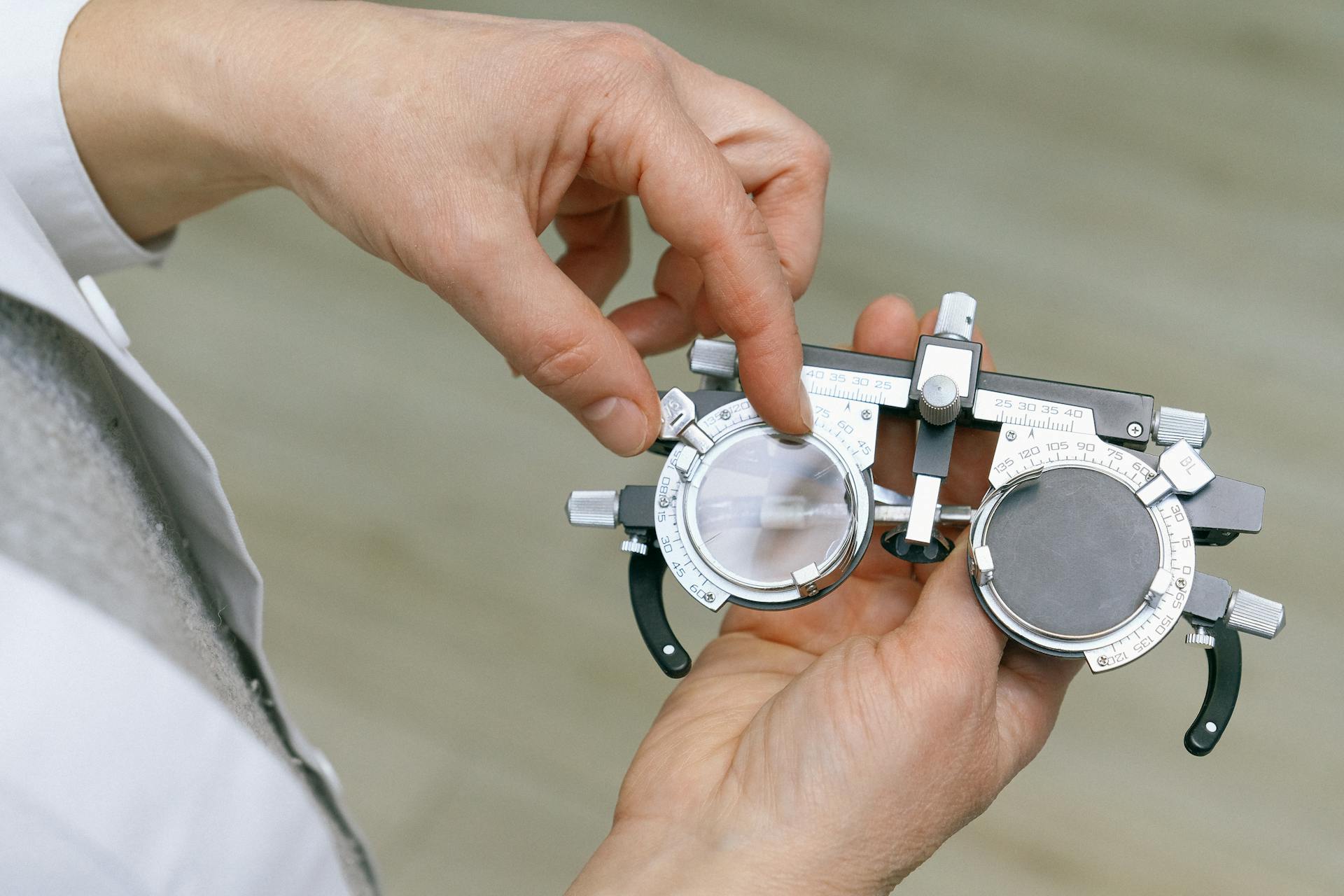
Our eyes are extraordinary. They help us connect with the world, read, drive, work, and enjoy every small detail that makes life beautiful. Yet, eye health is often something we take for granted — until we notice a change.
Whether it’s occasional dryness, trouble focusing, or sensitivity to light, our eyes often send us signals long before major problems arise. The good news is that with the right habits, nutrition, and care, it’s possible to keep your vision strong and healthy for years to come.
A healthy diet does more for your eyes than most people realize. Certain vitamins and minerals are essential for maintaining clear vision and preventing conditions such as macular degeneration or cataracts.
Focus on eating foods rich in vitamin A, vitamin C, vitamin E, zinc, and omega-3 fatty acids. Leafy greens like spinach and kale, colourful fruits like oranges and berries, and oily fish such as salmon and sardines are great options. Don’t forget classic vision boosters like carrots and eggs — they provide valuable nutrients that support the retina and overall eye function.
Think of your meals as fuel not just for your body, but for your eyesight too.
It’s no secret that many of us spend hours staring at screens — from laptops to phones and tablets. This can lead to digital eye strain, which causes fatigue, headaches, dryness, and blurred vision.
A simple trick is the 20-20-20 rule: every 20 minutes, look at something 20 feet away for at least 20 seconds. Adjusting your screen brightness, keeping your workspace well lit, and blinking often can also help reduce strain. Giving your eyes regular breaks is one of the simplest and most effective ways to protect them in a digital world.
Dry eyes are increasingly common, especially for those working in air-conditioned spaces or spending long periods on digital devices. When your eyes don’t produce enough tears, or the quality of your tears changes, you may feel irritation, burning, or blurred vision.
Staying hydrated, eating foods high in omega-3 fatty acids, and using lubricating eye drops can help restore comfort. If dryness persists, a pharmacist can help you find suitable products or supplements to support tear health and eye moisture.
Just like our skin, our eyes are sensitive to the sun’s UV rays. Overexposure can increase the risk of cataracts and other long-term vision problems. The best way to protect your eyes is by wearing sunglasses with 100% UVA and UVB protection — even on cloudy days.
If you wear prescription glasses, consider adding UV-protective coatings or polarized lenses. It’s a simple step that goes a long way in keeping your vision safe and sharp.
Eye health is closely linked to general wellbeing. Conditions such as diabetes, high blood pressure, and high cholesterol can damage blood vessels in the eyes and lead to vision complications over time. By managing these conditions through medication, healthy eating, and regular checkups, you’re also protecting your sight.
If you live with any of these chronic conditions, make sure to monitor your eyes regularly and discuss any changes in vision with your healthcare provider or pharmacist.
Even if your vision seems fine, routine eye exams are vital. Many eye diseases develop slowly and without obvious symptoms. Regular checkups can detect early signs of issues like glaucoma or macular degeneration when they’re most treatable.
If you notice any sudden changes — like flashes of light, spots, or persistent discomfort — don’t wait. Seek professional advice as soon as possible.
At T&F Pharmacies, we believe eye care should be proactive, not reactive. Our pharmacists are here to help you choose the right supplements, manage dryness or irritation, and support your vision through all stages of life. Whether you’re concerned about screen fatigue, sun protection, or general eye wellness, a simple conversation can make all the difference.
Visit one of our T&F Pharmacies locations today — our friendly team is always happy to help you take the next step toward clearer, healthier vision.
© 2025 T&F Pharmacies. All rights reserved.